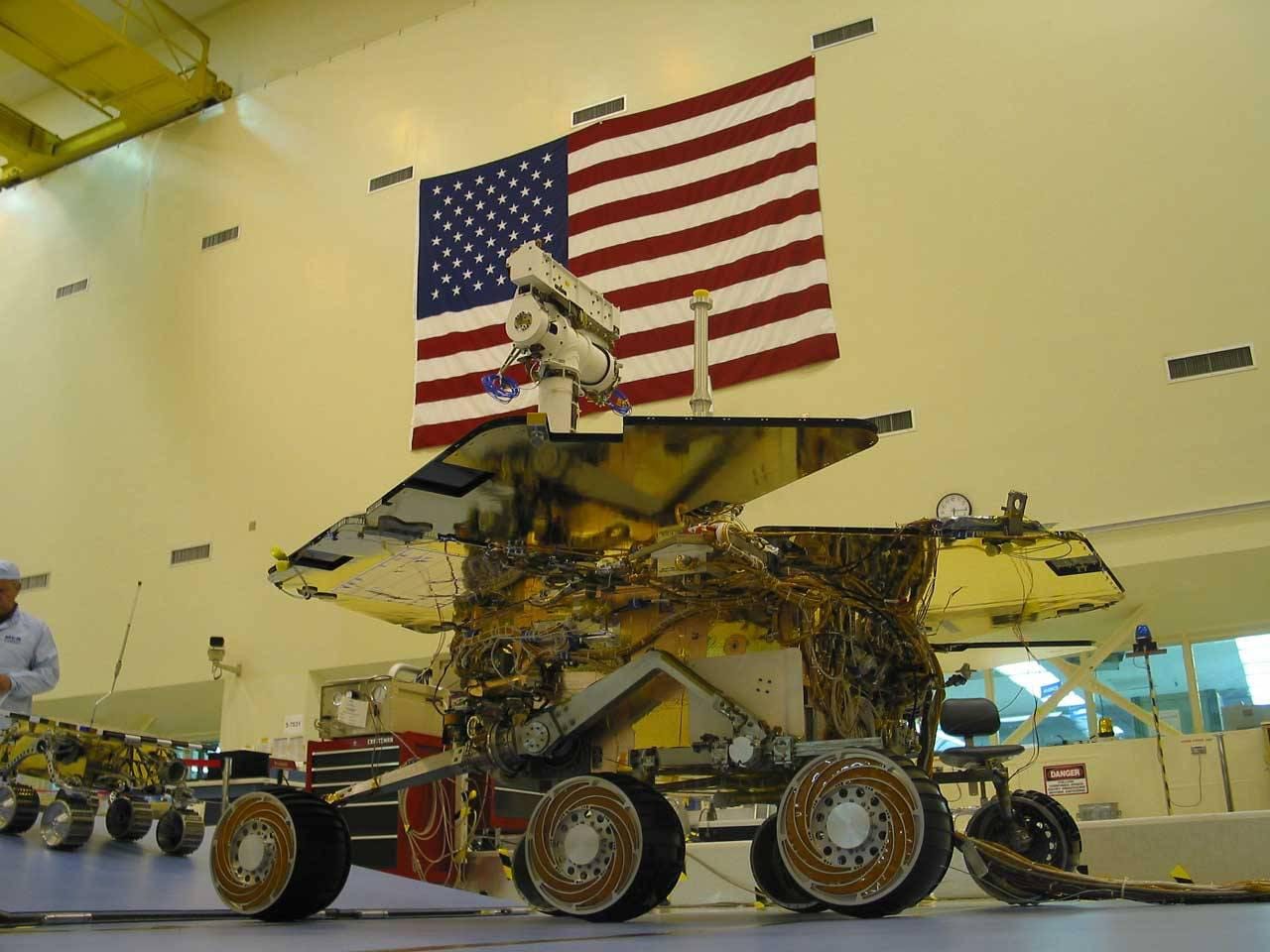The field of quantum technology has long been characterized by its promise of transforming numerous sectors, from computing to telecommunications. Recent findings regarding superconductors—a class of materials that can conduct electricity without resistance at low temperatures—have unveiled a new frontier that may accelerate the development of quantum technologies. Specifically, researchers have identified sudden transitions in superconductors that could lead to substantial improvements in the performance of quantum devices.
Superconductors exhibit unique properties that make them invaluable for quantum applications. One of the most notable characteristics of superconductors is their ability to maintain quantum coherence, a crucial aspect for the operation of quantum bits or qubits. Qubits are the fundamental building blocks of quantum computers, and their ability to remain in a coherent state allows for complex calculations and data processing that surpass the capabilities of classical computers.
In recent studies, scientists observed that certain superconductors can undergo abrupt transitions under specific conditions, such as changes in temperature or magnetic fields. These transitions can alter the material’s electronic properties, resulting in enhanced coherence times for qubits. The ability to maintain coherence for longer periods is vital for the stability and reliability of quantum operations, making this discovery particularly significant for the field.
The implications of these findings extend beyond just theoretical interest. As researchers continue to explore the mechanisms behind these sudden transitions, they are also investigating practical applications that could benefit from enhanced superconducting materials. For instance, quantum computers that leverage these materials could potentially achieve greater processing power and efficiency, allowing for more complex calculations in fields such as cryptography, materials science, and drug discovery.
Moreover, this advancement could also influence the development of quantum communication systems. Quantum key distribution, a method of secure communication that utilizes the principles of quantum mechanics, relies heavily on the stability of qubits. By integrating superconductors that exhibit sudden transitions into quantum communication technologies, researchers may be able to create more robust and secure systems that are less susceptible to interference and eavesdropping.
In addition to computing and communication, the potential applications of these superconductors extend to quantum sensing technologies. Quantum sensors, which leverage the principles of quantum mechanics to measure physical quantities with unprecedented precision, could benefit from improved coherence times. This could lead to advancements in various fields, including navigation, environmental monitoring, and medical imaging.
The study of sudden transitions in superconductors is still in its early stages, and much remains to be understood. Researchers are actively investigating the underlying physics that govern these abrupt changes, seeking to uncover the conditions that lead to optimal performance. This research involves a multidisciplinary approach, combining insights from condensed matter physics, materials science, and quantum information theory.
As the scientific community continues to explore the implications of these findings, collaborations among researchers, industry leaders, and policymakers will be essential to translate these advancements into practical technologies. The integration of superconductors into existing quantum systems may require significant engineering efforts, as well as the development of new fabrication techniques to harness the unique properties of these materials.
In conclusion, the discovery of sudden transitions in superconductors represents a significant breakthrough in the field of quantum technology. By enhancing the coherence times and operational efficiencies of qubits, these materials have the potential to propel quantum computing, communication, and sensing technologies into a new era of performance. As research in this area progresses, it is likely that we will witness a rapid evolution in the capabilities of quantum devices, ultimately leading to widespread applications that could transform various sectors of society.



